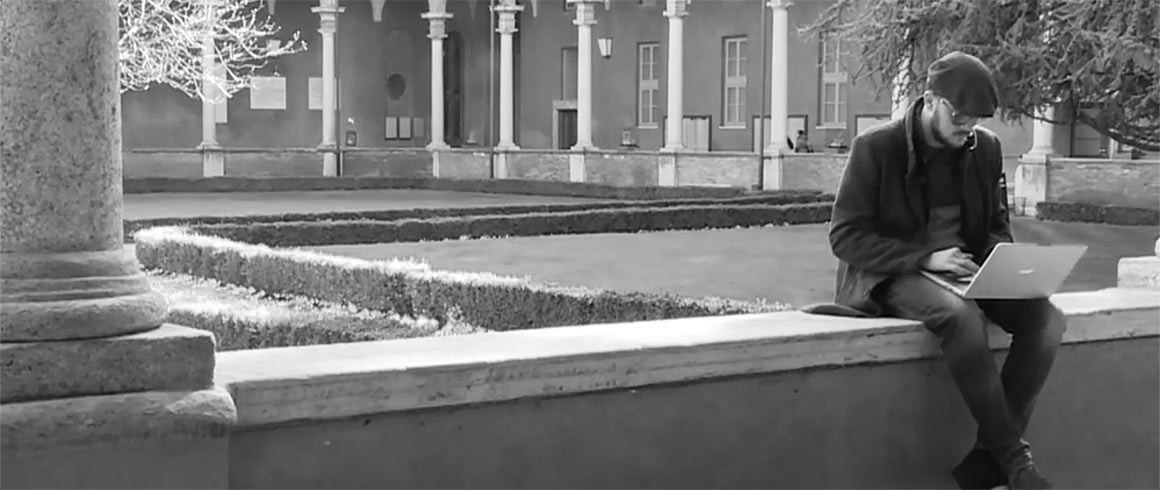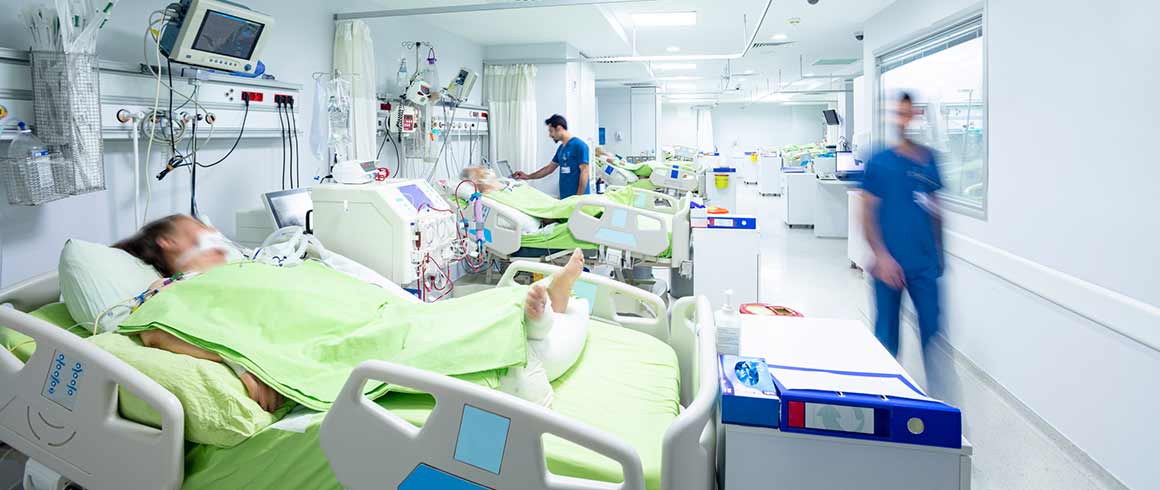Pursuant to a Decree issued by the Council of Ministers on 4 March 2020, the Italian government has ordered the suspension of all teaching activities of schools and universities nationwide, including the Rome Campus, until 15 March.
As Gaetano Manfredi, Minister for University and Research, explains: ‘from tomorrow, 5 March, until 15 March, all teaching activities of Italian Universities and AFAM Institutions (Higher Education in Art and Music) are suspended. These Universities and Institutions, within the scope of their autonomy, may exert the discretionary power to offer their students distant learning courses, as already happened in many universities. The universities continue to develop all research activities and to guarantee all other student services in compliance with the provisions of the Ministry of Health ‘.
At Università Cattolica frontal lectures are suspended. All professional internships are active, i.e. the internships of Health Professions, TPVES and the professional internships of the degree programme in Dentistry and Dental Prosthodontics.
Currently our professors and instructors lecturers are recording and uploading lessons on Blackboard (see video) to recuperate lost teaching hours, in agreement with the Rector and with the support of the University facilities, the Deans are reprogramming the academic calendars, including all exams.
We invite you to continue following all the updates on this webpage.
For further information, please contact: infocoronavirus@unicatt.it
Dear Students, Professors and Administrative and Support Personnel
On this second week of suspended teaching activities the ongoing situation poses more complex organisational problems than those encountered in the first week.
In an attempt to mitigate the disruption that this unprecedented situation inevitably entails, I met with the Academic Senate and the University administrative summits this morning and I think it appropriate to outline the guidelines we have agreed upon to ensure the continuation of academic life and our daily conduct.
If it becomes necessary to amend the methods of discussion of the students’ degree thesis and/or the exam procedures, we will promptly inform all candidates notwithstanding our commitment to ensure that the tests are duly held and our aim to reduce, as far as possible, problems and delays.
As regards lessons, we have prioritised catch-up classes, provided that the suspension period is not further extended.
Thanks to the hard work and commitment of the Deans and their relative offices the updated schedule of lessons will be communicated as soon as possible. It is obvious that with the twelve University faculties (and the approximately one hundred degree programmes) numerous, differentiated and specific questions will arise; these will be duly solved by the relevant didactic facilities, taking into account specific cases.
There has been a lot of discussion about the possibility of substituting the in-class teaching, that could not be regularly carried out or caught up by intervening on the schedule of lessons, with e-learning activities.
In recent years, our University has made significant investments in facilities, software and training for the development of e-learning and distance learning tools: we have been offering a range of blended & distance learning programmes for some time now; students and professors regularly use our digital platform to share information and content.
We have already enhanced the Blackboard platform in order to enable professors and instructors to record their lessons and upload educational resources online. In this way, students can catch up on those teaching activities which won’t be rescheduled and make the best use of their time. Detailed information about the initiatives taken by each Faculty will be shared with professors and students as soon as possible.
Synchronous distance learning methodologies (i.e. streaming and webinars) are also currently being evaluated. The viability of this approach is however critical because it entails specific technical support and requires fairly stable and powerful levels of connections from outside the University. Consequently, their use will be subject to the assessment of their proven effectiveness and technical practicality.
In addition to our traditional Open Day events on campus, we will also set up academic advisory workshops online for high school students and their families.
I have previously observed in other circumstances that, both by tradition and vocation, our University considers class teaching an essential didactic aspect because, even when the number of enrolled students is high, it focuses directly on the person, the student-professor relationship. Despite being equipped with the most advanced technologies and tools for teaching innovation, we still wish to prioritise every possible effort to enable everyone, especially students, to be part of the University experience.
My heartfelt greetings to all
Franco Anelli
Rector of Università Cattolica del Sacro Cuore





